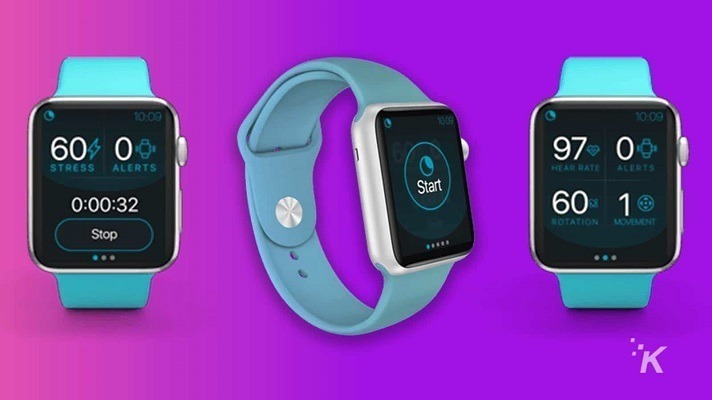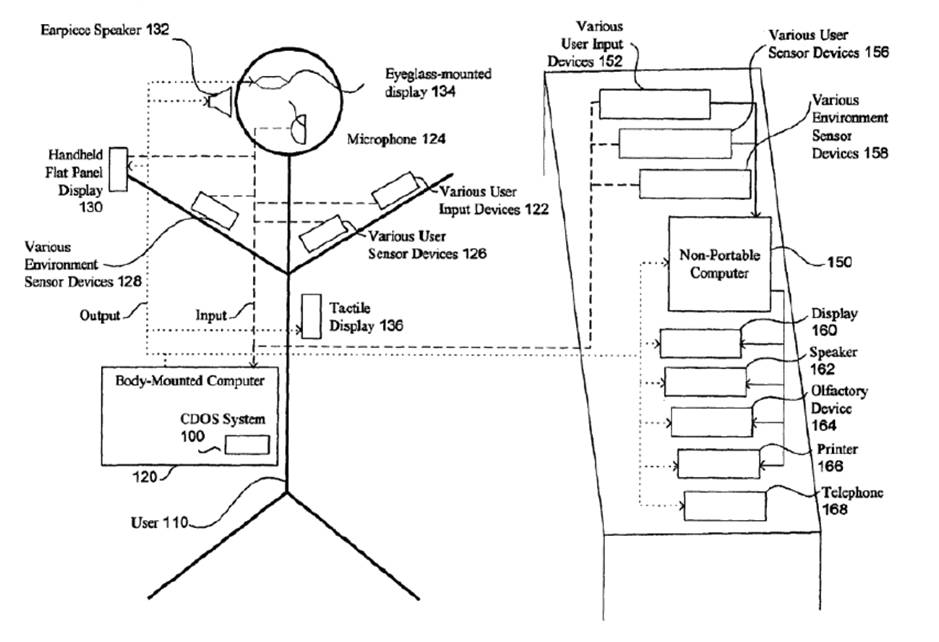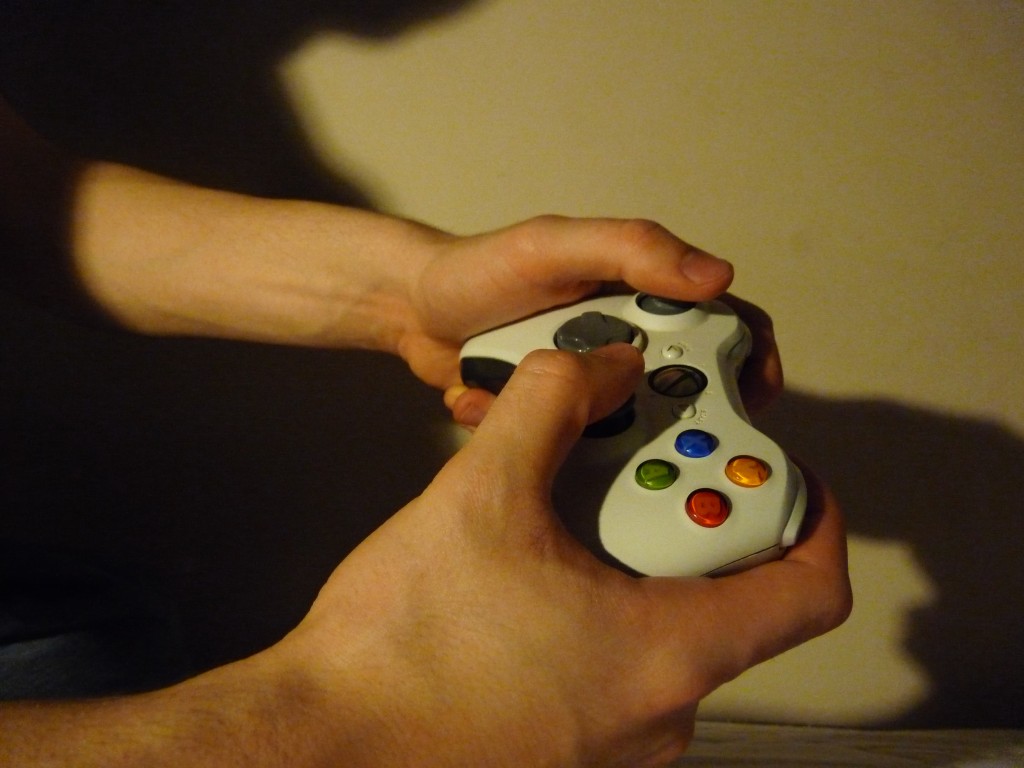Posts Tagged ‘heart-rate’
FDA grants clearance for NightWare app designed to reduce PTSD-related nightmares
FDA grants De Novo clearance to prescription Apple Watch app for nightmare disorder (MobiHealth News): The FDA granted Minneapolis-based NightWare a De Novo clearance on Friday for its Apple Watch and iPhone app designed to improve the sleep quality of those experiencing nightmare disorder and nightmares related to PTSD.
Read MoreUCLA launches major mental health study collecting & analyzing data from Apple wearables to better understand depression and anxiety
Apple and UCLA kick off a three-year depression study (CNBC): UCLA on Tuesday said it is launching a three-year study to better understand how factors such as sleep, physical activity, heart rate and daily routines impact symptoms of depression and anxiety. UCLA is working with Apple to design the study, which will use data collected…
Read MoreManaging information flow based on user’s mental state and cognitive load: Key Neurotech Patent #19
This is another fascinating 2005 patent assigned to Microsoft, helping manage the presentation of information based on user’s mental and physical state and cognitive load (and, yes, desired level of privacy). U.S. Patent No. 6,874,127: Method and system for controlling presentation of information to a user based on the user’s condition. Assignee(s): Microsoft Corporation Inventor(s): Dan Newell, Kenneth H.…
Read MoreStudy: Wisdom requires both higher heart rate variability and adopting a third-person perspective
——- Many cultures consider the human heart to be the seat of wisdom. Now scientists are finding some evidence for this, though the reality may be more complicated than it seems. Previous research has suggested that higher heart rate variability (HRV)—the variability in the time between our heartbeats
Read MoreCan biofeedback-based videogames help kids regulate anger and emotions?
Video Game With Biofeedback Teaches Children to Curb Their Anger (Science Daily): “Children with serious anger problems can be helped by a simple video game that hones their ability to regulate their emotions, finds a pilot study at Boston Children’s Hospital. Results were published online October 24 in the journal Adolescent Psychiatry
Read MoreStress and Neural Wreckage: Part of the Brain Plasticity Puzzle
Editor’s Note: Below you have a very insightful article on stress by Gregory Kellet, a researcher at UCSF. Enjoy! ———————————————- “My brain is fried, toast, frazzled, burnt out. How many times have you said or heard one version or another of these statements. Most of us think we are being figurative when we utter such phrases,…
Read More



